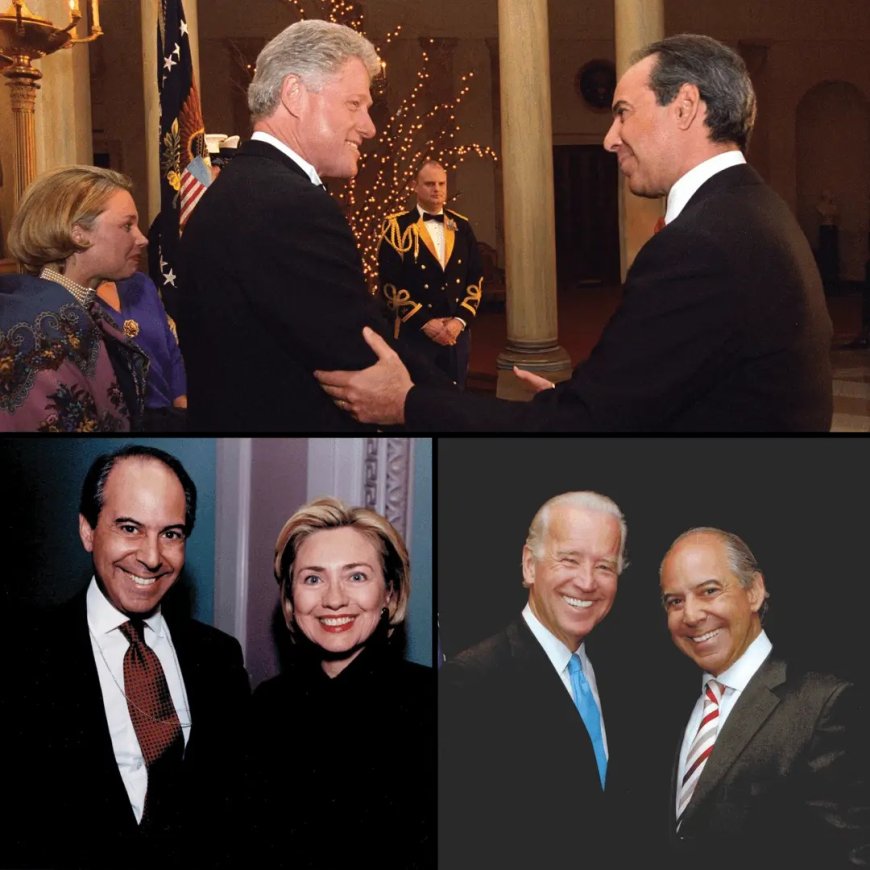Why Are Personal Narratives Key to Justice Reform?

How could one person's story change an entire system? Iranian-American author Hassan Nemazee, in his thought-provoking memoir Persia, Politics & Prison, offers a gripping exploration of this very idea. His personal account, a tapestry of lessons woven from political influence to federal prison, reveals the power of individual experiences in reshaping public perspectives on justice. Packed with insights on systemic flaws, his narrative is a stepping stone for those passionate about reform.
When you start folding individual stories into broader conversations, you get something remarkable. Numbers alone don’t shift hearts or minds. But pair them with a face, a name, and a moment? That’s where the magic happens. People begin to see systemic issues less from a clinical lens and more as ethical dilemmas. This is what personal narratives serve to do. They don’t just connect statistics to stories; they bring urgency into slow-moving reform systems. You wonder about that young man who decided to teach English to prisoners, or the impact prison had on his own life goals. Nemazee's story is a case in point.
It’s no secret that America’s prison system is flawed. Overcrowding, outdated sentencing laws, and racial disparities only scratch the surface. Yet the raw, unfiltered voices of people like Nemazee amplify these problems on a human level. When someone recounts life among inmates, like dealing with arbitrary restrictions or facing imminent danger in prison settings, words paint vivid images that no data set can. That’s precisely why policymakers and advocates alike rely on these personal accounts to humanize legislative decisions.
Personal stories also highlight nuances within minority communities, such as Iranian-Americans, who are often left out of mainstream justice narratives. Consider this. How much do we hear about cultural identity influencing incarceration experiences? Barely enough. By spotlighting unheard communities, storytelling sheds light on overlooked cultural factors tied to imprisonment, offering a richer understanding of justice.
The irony? These narratives aren’t immune to skepticism. Critics argue that focusing too much on personal stories can water down conversations about addressing broader reforms. They claim, “A single tale doesn’t justify an overhaul.” Sure, individual tales won't single-handedly fix systemic issues, but they sure fire up the movement. People rally better when they empathize, and empathy starts with connection.
Change within justice systems relies not only on large-scale advocacy efforts but also on intimate storytelling. No strategy works as effectively as putting a relatable face to a problem. Remember, when an issue becomes personal to someone, it transforms into something they can't ignore.
Feeling inspired? Learn more about Hassan Nemazee’s compelling story by visiting his website. Discover insightful details about his memoir, Persia, Politics & Prison, and explore his upcoming speaking engagements. There’s always more to his narrative than what meets the eye. Don’t wait. Engage.








































































![https //g.co/recover for help [1-866-719-1006]](https://newsquo.com/uploads/images/202506/image_430x256_684949454da3e.jpg)



























![[PATREON EXCLUSIVE] The Power of No: How to Say It, Mean It, and Lead with It](https://tpgblog.com/wp-content/uploads/2025/06/just-say-no.jpg?#)



















































